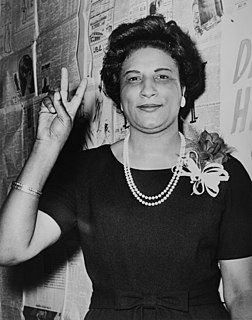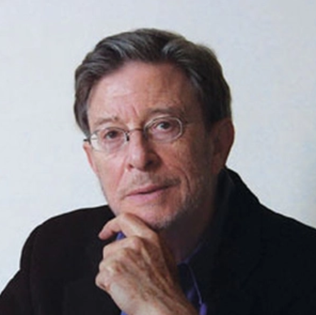A Quote by Constance Baker Motley
When Thurgood Marshall became a lawyer, race relations in the United States were particularly bad.
Quote Topics
Related Quotes
President Kennedy has named two Negroes to District Judgeships and appointed Thurgood Marshall to the United States Court of Appeals. When I came to the Department of Justice, there were only ten Negroes employed as lawyers; not a single Negro served as a United States Attorney - or ever had in the history of the country. That has been changed.
In many respects, the United States is the freest country in the world. I don't just mean in terms of limits on state coercion, though that's true too, but also in terms of individual relations. The United States comes closer to classlessness in terms of interpersonal relations than virtually any society.
I have looked at public opinion polls in France in the late 1940s and early 1950s during the height of Marshall Plan aid. They had a very negative attitude towards the United States then. There were negative attitudes towards the United States because of Vietnam. There were negative attitudes about the United States when Reagan wanted to deploy intermediate range ballistic missiles. I don't think the president should base his foreign policy on American public opinion polls, let alone foreign public opinion polls.
If you have a lawyer, sometimes you can get out of trouble. I've gotten into a lot of trouble because I didn't have a lawyer. I've also had some bad lawyers, too. But the good ones, the ones I liked, they became me. They became whatever situation I was involved in. When I felt pain, so did they. When I succeeded, so did they. They became me. They became whatever the situation was that they became involved with.
I ask particularly that those of you who are now in school will prepare yourselves to bear the burden of leadership over the next 40 years here in the United States, and make sure that the United States - which I believe almost alone has maintained watch and ward for freedom - that the United States meet its responsibility. That is a wonderful challenge for us as a people.
Most Americans who made it past the fourth grade have a pretty good idea who Thurgood Marshall, Rosa Parks, and Martin Luther King, Jr., were. Not many Americans have even heard of Alice Paul, Howard W. Smith, and Martha Griffiths. But they played almost as big a role in the history of women’s rights as Marshall and King played in the history of civil rights for African-Americans. They gave women the handle to the door to economic opportunity, and nearly all the gains women have made in that sphere since the nineteen-sixties were made because of what they did.





































